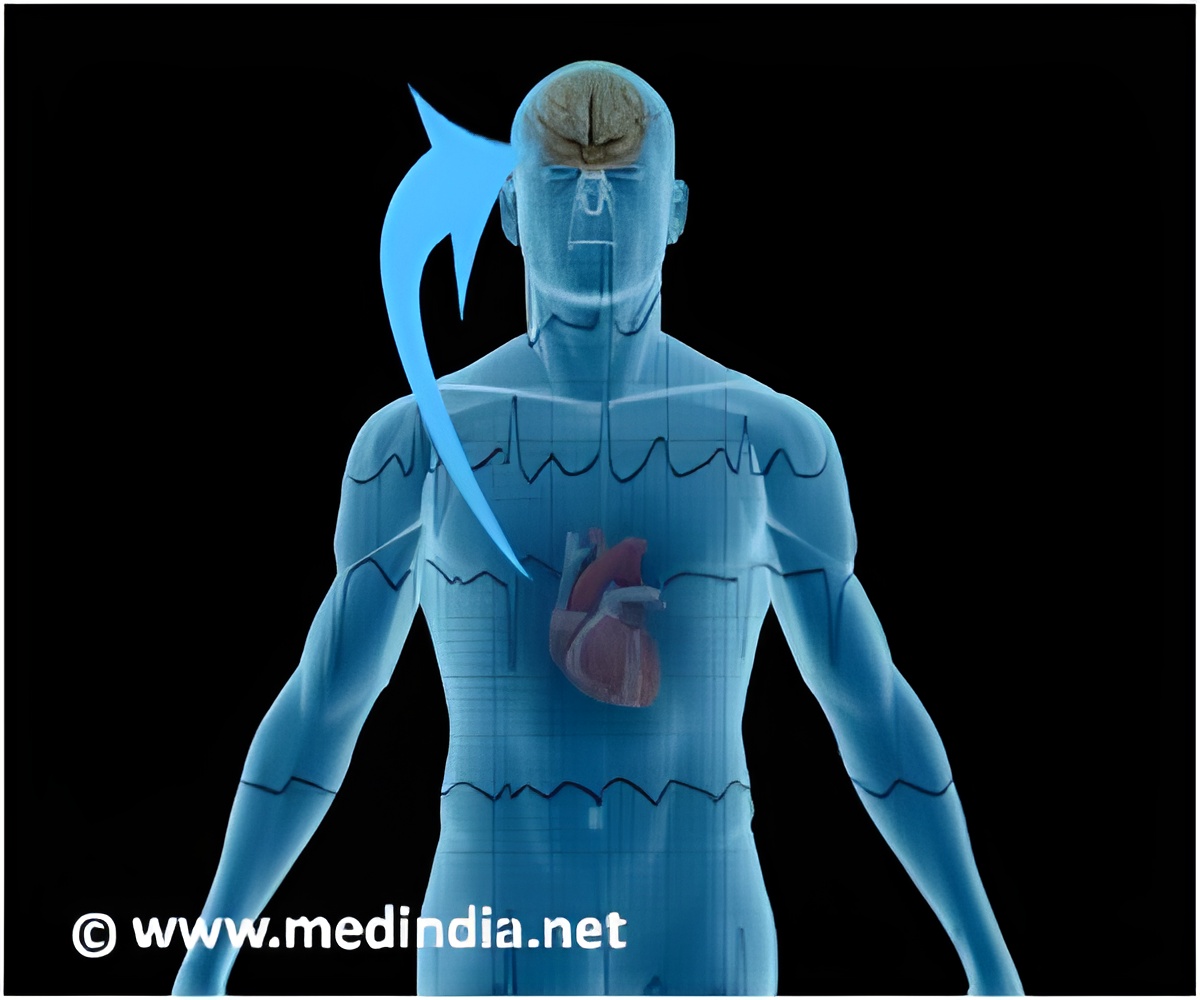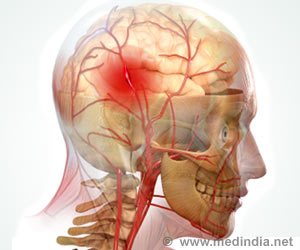
To study the predictive value of MRI plaque imaging, researchers performed carotid artery ultrasound and MRI on 946 asymptomatic patients from the Multi-Ethnic Study of Atherosclerosis (MESA). The carotid arteries are the large vessels located on each side of the neck that carry oxygenated blood to the front part of the brain. They are highly accessible for imaging, and their condition tends to mirror that of the coronary arteries that supply the heart with oxygenated blood.
The researchers used ultrasound to assess carotid wall thickness and MRI to define carotid plaque composition and the remodeling index, a measure of changes in vessel size. Imaging results were compared with cardiovascular events, including heart attacks, stroke and death, for an average of 5.5 years after examination.
"We studied asymptomatic individuals with a low risk of cardiovascular events at baseline and used noninvasive imaging to predict the risk of an event downstream," said David A. Bluemke, M.D, Ph.D., from the National Institutes of Health Clinical Center in Bethesda, Md. "This is the first population-based prospective study to determine if vulnerable plaque features by MRI add to the risk of a cardiovascular event beyond the traditional risk factors."
Source-Eurekalert















